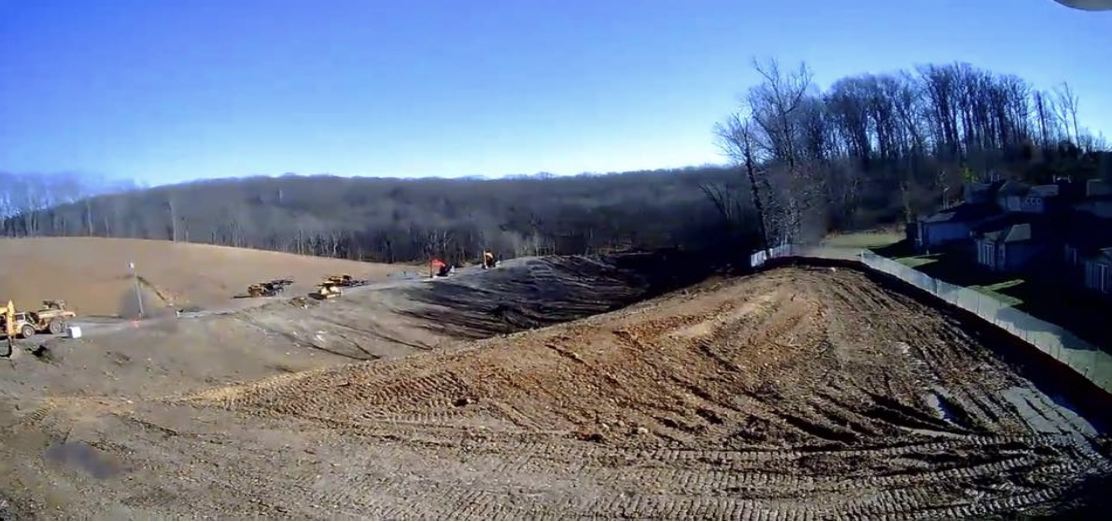Legislative update
Update on Nashville Tree Legislation
Council asked to approve dedicated funds for tree planting
A bill set for consideration by the Metro Council Tuesday, November 2, would ensure a continued source of funding for Nashville’s ambitious project to plant 500,000 trees throughout Davidson County in a 30-year span.
The bill would tap three funding sources to replace trees being lost to the city’s rapid growth and development:
1% of annual revenue from all building permits issued
1% of annual revenue from all grading permits issued
1% of annual proceeds from Metro general obligation bonds issued for construction projects
A report cited in the bill shows that Nashville lost 13% of its tree canopy (918 acres) to development between 2008 and 2016 — and the city’s canopy loss has only grown worse since then. “If development is exacerbating the loss of our tree canopy, let’s tie the funding directly to that,” says Burkley Allen, Council Member At-Large and sponsor of the bill, explaining the rationale for the proposal.
Trees are often the first victims of commercial and residential development.
Funds collected through the bill would support Root Nashville, a campaign launched in 2018 with a goal of planting 500,000 trees by 2050. The Cumberland River Compact is the nonprofit partner designated by Metro to operate the program, which has planted 20,000 trees to date. Although Root Nashville received donations and grants in its start-up phase, Allen says it’s crucial to provide a continuing source of public funds to help the campaign meet its goals.
“Our concern was to make sure that we continue to keep this a priority and not let the momentum drop,” she says. Allen compares the new proposal for trees to the 2000 ordinance that dedicated 1% of the proceeds from certain Metro capital projects to installations of public art, which she says has been a resounding success.
Clearcutting on a Bellevue hillside in 2020.
Tree funds collected through the bill would be disbursed by the Metro Water Services Stormwater Division to “qualified private operational partners in the form of grants or agreements” for tree canopy restoration and maintenance, particularly on private property where most tree loss is occurring. Allen hopes these operational partners will include not only organizations like the Nashville Tree Conservation Corps, but also neighborhood associations throughout the city. “I would like to see budding neighborhood groups have their own tree days. They know what the needs are in their immediate area and where there are good spaces to put trees.”
The bill includes a funding cap of $2.5 million per year and a sunset provision so the ordinance would expire if not renewed by June 30, 2023. Allen expects these fiscal limits to help gain support for the bill, which already had 10 co-sponsors by the weekend. If the bill passes on first reading Tuesday, third reading and final passage should take place in December.
As the language of the bill makes clear, the loss of trees in Nashville from residential, commercial and industrial development has had a devastating and costly effect on the city. The cost of tree loss from 2008 to 2016 alone is estimated at:
$308,873 in lost stormwater abatement and filtration benefits
$66,458 in lost air quality benefits, including removal of particulate matter
$258,378 in electricity and/or natural gas costs from additional home utility use
The Nashville Tree Conservation Corps urges all Nashvillians concerned about tree loss to follow the progress on this legislation and voice their opinions to Council members.


